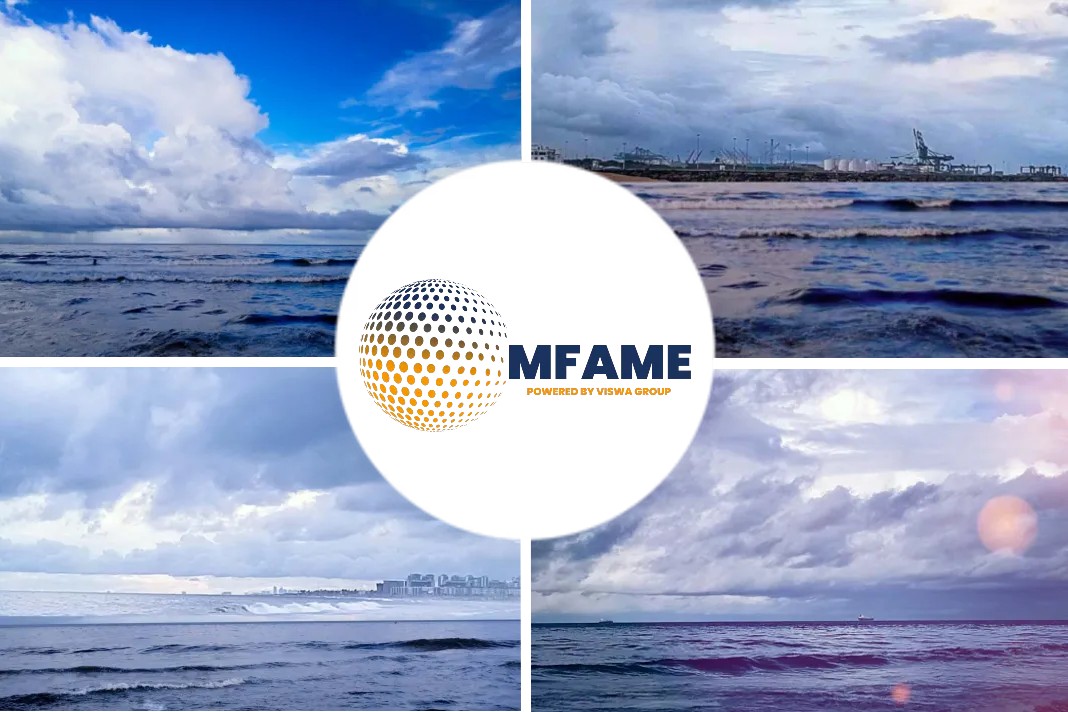
Nick Fewings/Unsplash
- Indonesia is gearing up to host the gathering of the leaders of the world’s biggest economies this week.
- The July deal allowed major global grain producer Ukraine to resume exports from ports that had been largely blocked for months because of the war.
- At a time when many countries are struggling to afford imports of oil, gas and food while also meeting debt repayments, pressure is building on those most vulnerable to climate change to double down on shifting to more sustainable energy supplies.
While there won’t be a face-off between Presidents Joe Biden and Vladimir Putin, the aftermath of Russia’s invasion of Ukraine and rising tensions between China and the West will be prominent when world leaders meet in Bali this week, as reported by AP News.
Overshadowed by fears
The Group of 20 members begin talks on the Indonesian resort island Tuesday under the hopeful theme of “recover together, recover stronger.”
While Putin is staying away, Biden will meet with Chinese President Xi Jinping and get to know new British Prime Minister Rishi Sunak and Italy’s Giorgia Meloni.
The summit’s official priorities of health, sustainable energy and digital transformation are likely to be overshadowed by fears of a sputtering global economy and geopolitical tensions centred on the war in Ukraine.
The nearly 9-month-old conflict has disrupted trade in oil, natural gas and grain, and shifted much of the summit’s focus to food and energy security.
The U.S. and allies in Europe and Asia, meanwhile, increasingly are squaring off against a more assertive China, leaving emerging G-20 economies like India, Brazil and host Indonesia to walk a tightrope between bigger powers.
Resuming exports
Indonesian President Joko Widodo has tried to bridge rifts within the G-20 over the war in Ukraine.
Zelenskyy is expected to participate online.
Last year’s G-20 summit in Rome was the first in-person gathering of members since the pandemic, though the leaders of Russia and China didn’t attend.
The July deal allowed major global grain producer Ukraine to resume exports from ports that had been largely blocked for months because of the war.
Russia briefly pulled out of the deal late last month only to rejoin it days later.
Hunger games
Ukrainian Foreign Minister Dmytro Kuleba on Saturday called for more pressure on Russia to extend the deal, saying Moscow must “stop playing hunger games with the world.”
The war’s repercussions are being felt from the remotest villages of Asia and Africa to the most modern industries.
It has amplified disruptions to energy supplies, shipping and food security, pushing prices sharply higher and complicating efforts to stabilize the world economy after the upheavals of the pandemic.
United Nations Secretary-General Antonio Guterres is urging the G-20 to provide financial help for the developing world.
The International Monetary Fund is forecasting 2.7% global growth in 2023, while private sector economists’ estimates are as low as 1.5%, down from about 3% this year, the slowest growth since the oil crisis of the early 1980s.
That would be less than half of last year’s 8.1% and the second lowest in decades.
Trade dependence
Chinese President Xi will be coming to the summit emboldened by his appointment to an unusual third term as party chairman, making him China’s strongest leader in decades.
It’s only his second foreign trip since early 2020, following a visit to Central Asia where he met Putin in September.
The U.S. is at odds with China over a host of issues, including human rights, technology and the future of the self-ruled island of Taiwan.
The European Union is also reassessing its relationship with China as it seeks to reduce its trade dependency on the country.
Biden said he plans to talk with Xi about topics including Taiwan, trade policies and Beijing’s relationship with Russia.
Sustainable energy supplies
“What I want to do … is lay out what each of our red lines is,” Biden said last week.
At a time when many countries are struggling to afford imports of oil, gas and food while also meeting debt repayments, pressure is building on those most vulnerable to climate change to double down on shifting to more sustainable energy supplies.
The G-20 was founded in 1999 originally as a forum to address economic challenges.
It includes Argentina, Australia, Brazil, Canada, China, France, Germany, India, Indonesia, Italy, Japan, South Korea, Mexico, Russia, Saudi Arabia, South Africa, Turkey, the United Kingdom, the United States and the European Union.
That makes things especially tough on host Indonesia.
Did you subscribe to our newsletter?
It’s free! Click here to subscribe!
Source: AP News


















